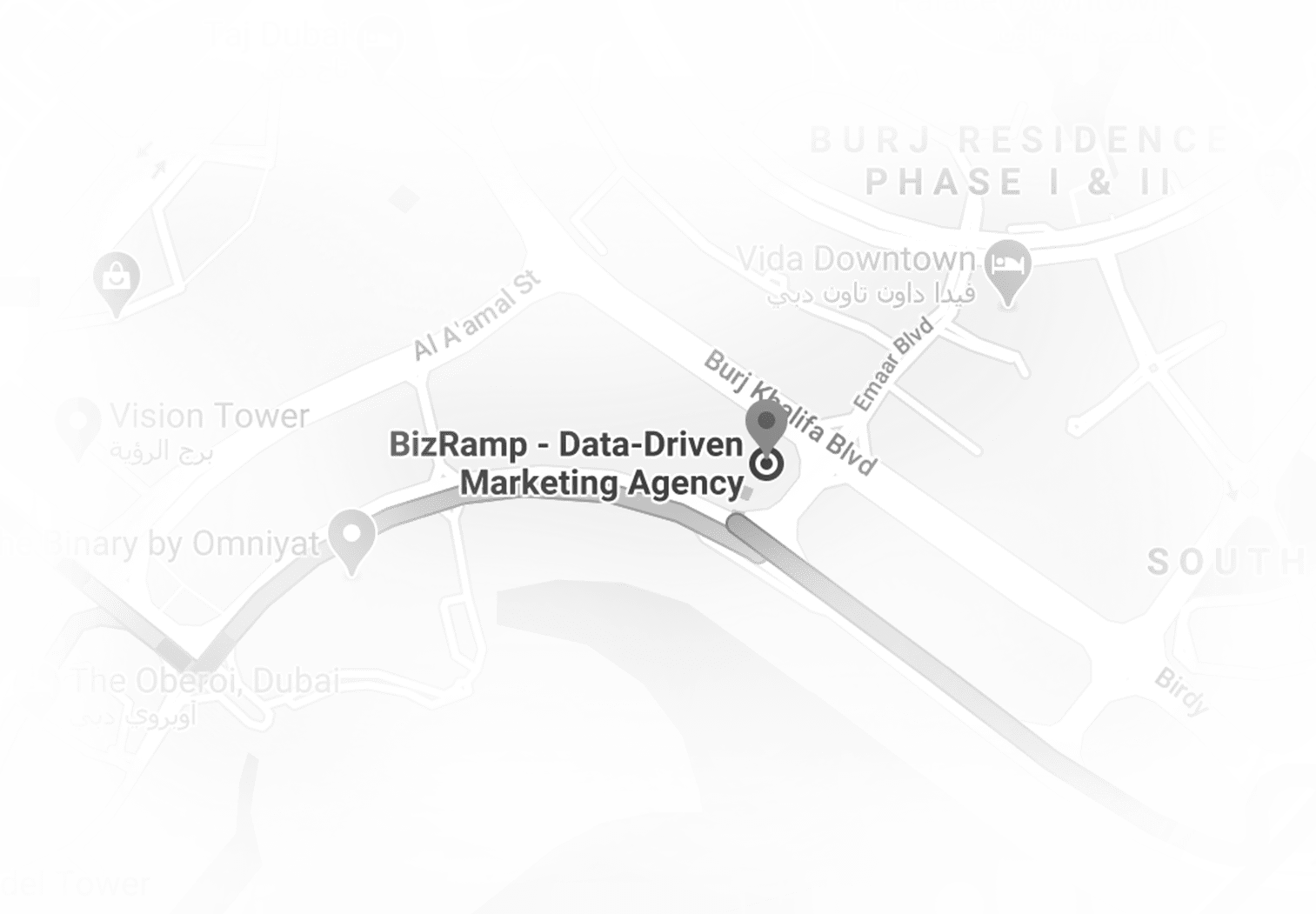News & Articles
What is Data-Driven Marketing & Its Benefits

What Is Data-Driven Marketing?
Data-driven marketing is a process by which marketers gain insights and trends based on in-depth analysis informed by numbers and data.
Data-driven marketing refers to strategies built on insights pulled from the analysis of big data, collected through consumer interactions and engagements, to form predictions about future behaviours. It involves understanding data that can be acquired and how to organise, analyse, and apply that data to better marketing efforts. The intended goal is generally to enhance and personalise the customer experience.
To provide more clarity around the topic, we’ve outlined key benefits and common challenges of data-driven marketing.
What are the Benefits of Data-Driven Marketing?
Both businesses and consumers can gain a lot from taking a data-driven approach to marketing. When strategies are implemented successfully, such benefits include:
- Personalised Marketing: Companies must convey the right message, to the right audience, at the right time. Data-driven marketing allows brands to create a customised campaign that converts leads through a deeper understanding of the customer profile.
- Clarity: With a wealth of information in their database, marketers can sift through to determine the most accurate and actionable information about customers and prospects. With a data-driven approach, it becomes much easier to separate and group the target audiences that you’re trying to reach.
- Multi-Channel Experience: Marketers can leverage data to extend reach across multiple networks and take communication beyond just email. Distributing data-driven ads across channels, through automated marketing campaigns, will ensure that your message is consistent, aligned, and reaches each recipient in the perfect place and at the perfect time.
- Refined Customer Experience: Many popular brands use data-driven marketing to enhance their customer experiences. They’ll often orchestrate customer satisfaction surveys and pinpoint specific areas for improvement.
- Better Product Development: Data-driven marketing considerably diminishes product failure rates. Companies can establish a better understanding of their target audiences, which leads to the development of better-suited products for that particular market.
- The Right Team: Due to the niche nature of the job, and the skills required, it can be challenging to attract the right type of staff that specialises in predictive analytics or audience amplification. Learning more about being data-driven (or becoming a data scientist) may benefit you and your team.
- Commitment: It would seem foolish to incorporate a data-driven marketing strategy if you aren’t entirely committed to it, yet some companies continue to make that mistake. Even though they might possess a defined strategy, it won’t mean much if they aren’t acclimated with the tools needed to succeed.

How to Take a Data-Driven Approach towards Marketing:
Whether you’re just getting started, or are looking to improve your existing marketing strategy, certain elements should be considered. These include:
- Automate and Integrate: Integrating new tools and technology into your marketing strategy can be overwhelming at times. By creating an automated process that still allows for personalisation, you’ll stay true to your objectives and avoid complicating results.
- Collaboration Across Teams: Because data is something that needs to be managed across an entire organisation, marketers must ensure information is being shared across departments and teams.
- Monitor Industry Changes: Keep a close eye on the competition so you can either follow suit or learn from their mistakes. Like every other area in this industry, data-driven marketing is constantly changing. Staying up-to-date on the latest trends will only help with your brand strategy.
- Continued Measurement: Data-driven marketing is not a one-size-fits-all solution. It should be continuously monitored and adjusted based on the results (successes or failures) that you’re seeing. It will help identify which tactics are working and encourage buy-in from organisational leaders.
Examples of Data-Driven Marketing
If you’re still unsure how data-driven marketing might fit into your business strategy, here are a few examples that should offer some inspiration:
- Retargeting – Retargeting is essential for all digital marketers. If someone has previously purchased from your e-commerce site or shown significant interest, why not look for them again? Let’s pretend a member of your target audience is a travel enthusiast who recently booked a vacation ski trip in Vermont. From this data, you could automatically offer relevant deals on ski lessons, lodging, airfare, and similar vacation ideas that would appeal to that target audience.
- Dynamic Advertising – Use social media to your advantage. Create Facebook, Twitter and Instagram to connect to your audience by giving them the option to sign up and get information with just one click. Turn social media into a two-way communication where you can instantly obtain valuable details directly into your database.
- Optimized Paid Search – Find out more about your preferred customers based on the keyword they searched for, and consider what the competition is targeting as well. Leverage this data to position your business and be at the top of the most relevant searches in your industry and drive valuable website traffic.
- Targeted Email Marketing Campaigns – You can group your email campaigns by your desired target audiences. Data-driven to email marketing approach should be part of your existing email marketing strategy as this will allow you to automate and create personalised messages and make a one-to-one connection with every customer quickly.
Final Thoughts
The future remains very bright for data-driven marketing. Along with predictive and artificial intelligence marketing, data-driven solutions are becoming an essential part of successful marketing campaigns. In large part, this is due to the growing needs of customers and their expectations for more personalised experiences.
To get you help started with your Data-Driven Marketing strategies, contact Bizramp today. We have a team of experts that covers the extremes of data and business. Our uniquely connected skills enable us to understand business challenges, and we use our technical expertise to find realistic solutions to address them.










